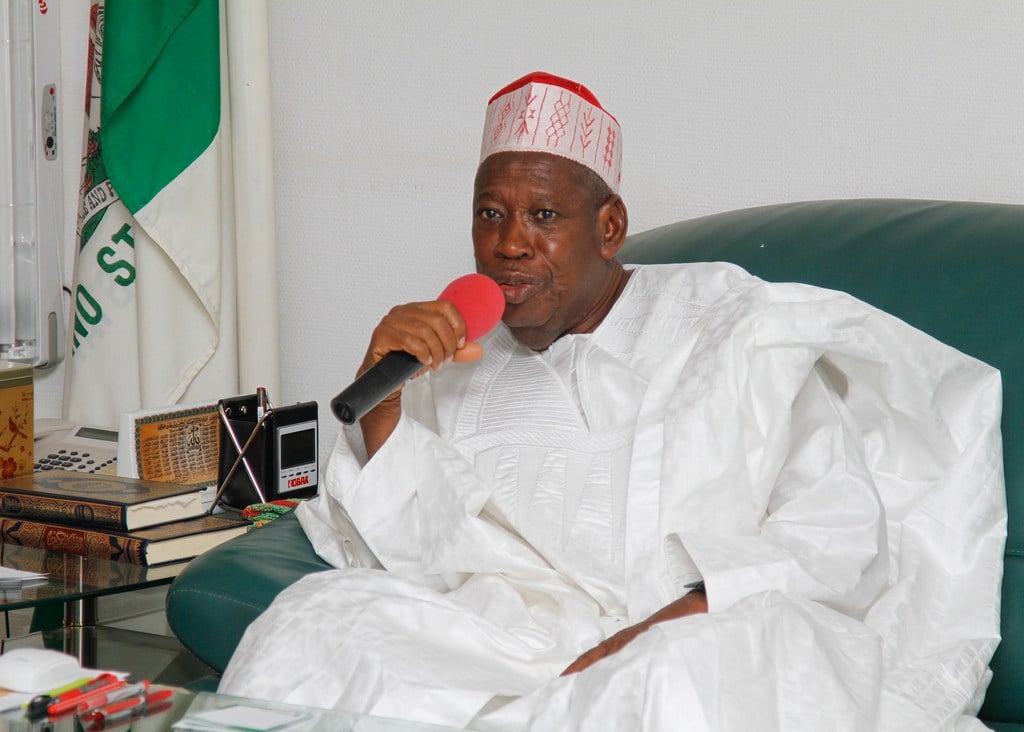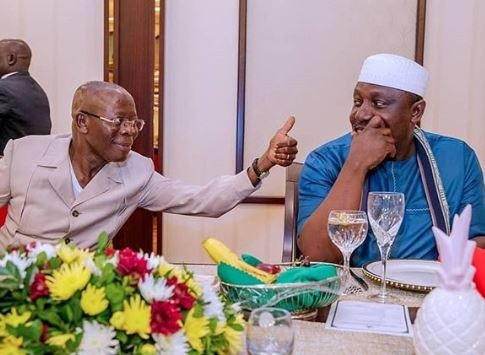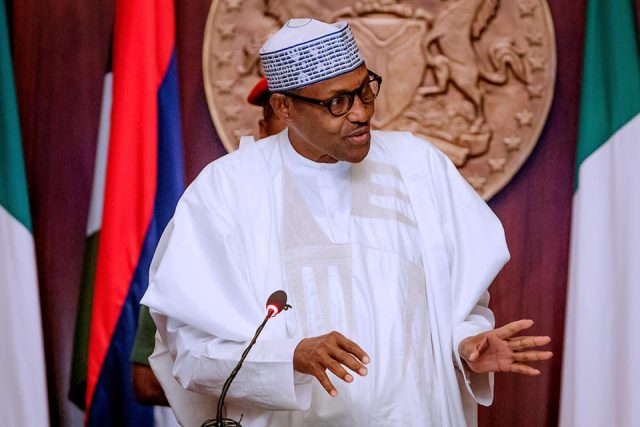Lukman Otunuga, a research analyst at FXTM, award-winning international forex broker, says the decision to change or retain or change the governor of the Central Bank of Nigeria will impact foreign direct investment (FDI).
Speaking at a media briefing in Lagos on Wednesday, Otunuga said keeping Emefiele would signal continuity, and remove elements of uncertainty, while changing the governor will bring in some uncertainty.
“Since 1999, no CBN governor has actually spent more than one term as the governor, so there are two ways to look at this; if we do have a situation where the CBN governor stays, this may suggest continuity, given what is already happening,” he said.
“This continuity removes elements of uncertainty, because that is one thing that impacts FDI (foreign direct investment). But if a new governor comes into power, this does create some elements of uncertainty because we don’t know what (s)he going to do.
Advertisement
“Nobody knows what is going to happen. Will the new governor be one to allow the naira to float? Will the new governor be the one to make a bold decision to cut interest rates quicker than expected?
“There are many many questions out there, but to answer your question, there is a sense of uncertainty, but for us to actually have any observation, we need to see what happens first, who the new governor is, his/her background, what his/her rhetoric is during his first meeting.
“Once there is a new governor, we can already have an idea of what he is about to do; for example, look at Jerome Powell, when he took over from Janet Yellen, investors already had an idea of what type of governor he was going to be.”
Advertisement
BREXIT IS A DOUBLE-EDGED SWORD FOR AFRICA

Otunuga, speaking on the benefits of Brexit for Africa, and UK’s plan to become the biggest G-7 investor in the continent by 2023, said Brexit is a two-edged sword for the continent.
“About Brexit, Brexit is a double-edged sword because there is so many dimension you can look at this; the way Theresa May was possibly seeing Brexit was that once the UK breaks away, there will have their own powers to reform their own trade relations, he added.
“The question however remains how the UK economy will react to Brexit, and even if Brexit will happen at all. As you can see, Theresa May’s deal was actually rejected and those rejections will actually potentially open the path to possible general elections.
“Through the general elections, possibly a second referendum, and if a second referendum becomes a reality, and UK votes for Brexit once again, Brexit may not even happen.
Advertisement
“That is one thing to keep in mind. Another thing to keep in mind is if the UK votes to extend Brexit, even though this will positively impact the pound, there is a risk that the UK is trapped in a Brexit limbo, this is negative.
“If the UK is trapped in a Brexit limbo, all the plans Theresa May set for Africa may not happen until the UK breaks out of the Brexit limbo.
“So we don’t really know what is going to happen, right now if article 50 is extended and we have a situation where Brexit is extended till the end of 2019, all the plans Theresa May set for Africa may not even come into fruition till 2020, 2021.
“But if the UK is able to break out of the EU and survives and recover, this will be good for Africa, especially if the UK is able to bounce back.”
Advertisement
Otunuga also said central banks around the world have been very cautious with interest rate adjustments, adding that the dynamics have changed since 2018, following an the US decision to slow down on rate hike.
Advertisement
Add a comment






